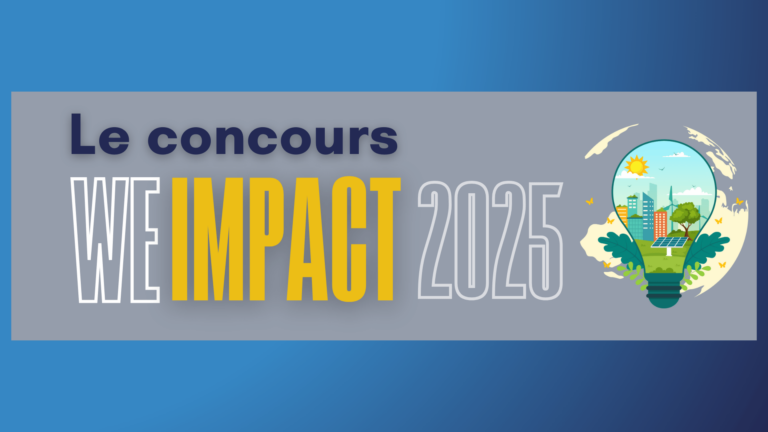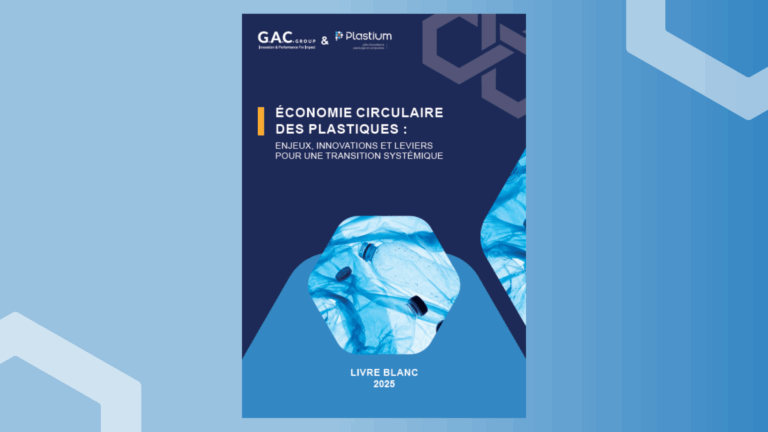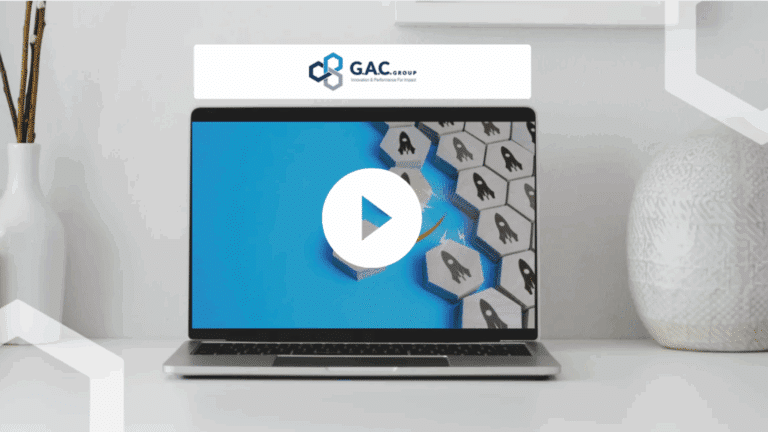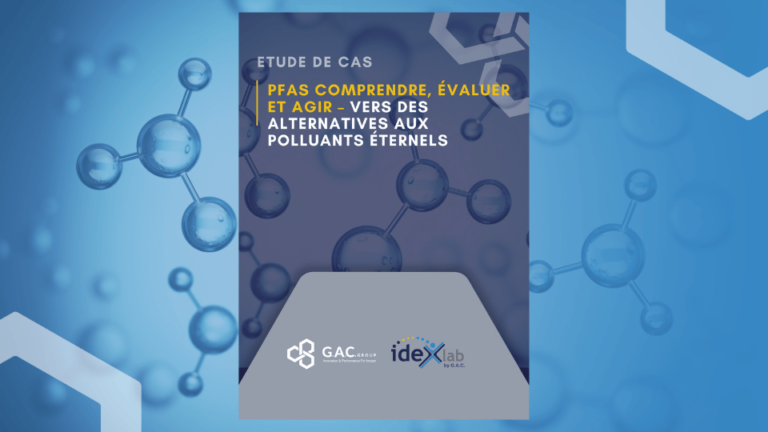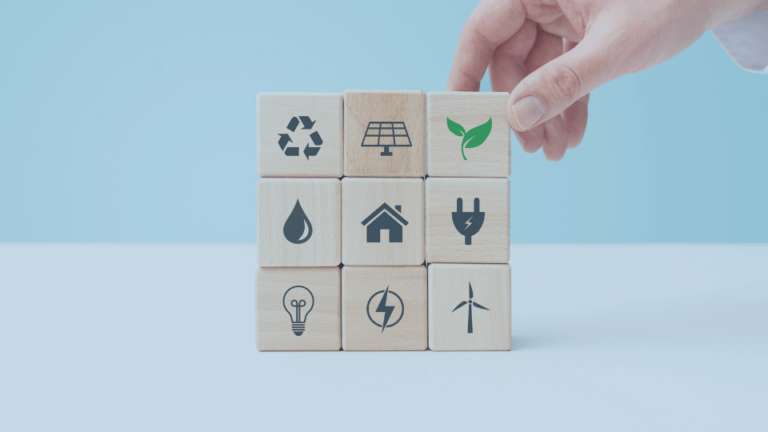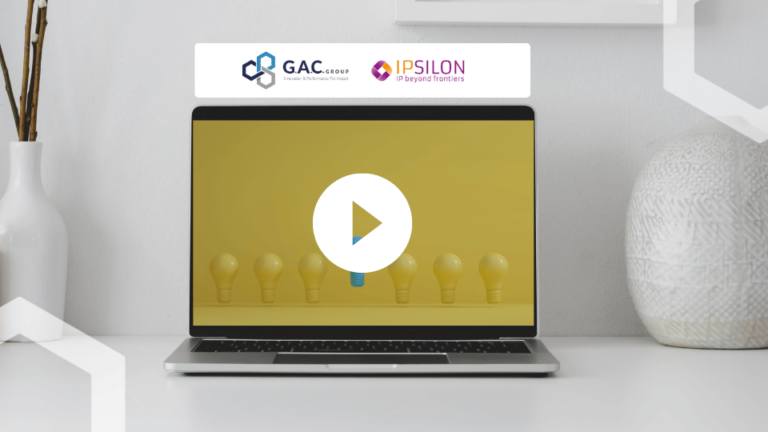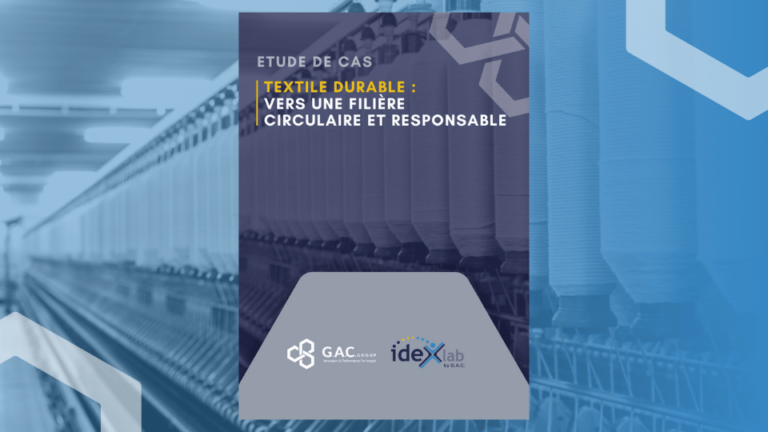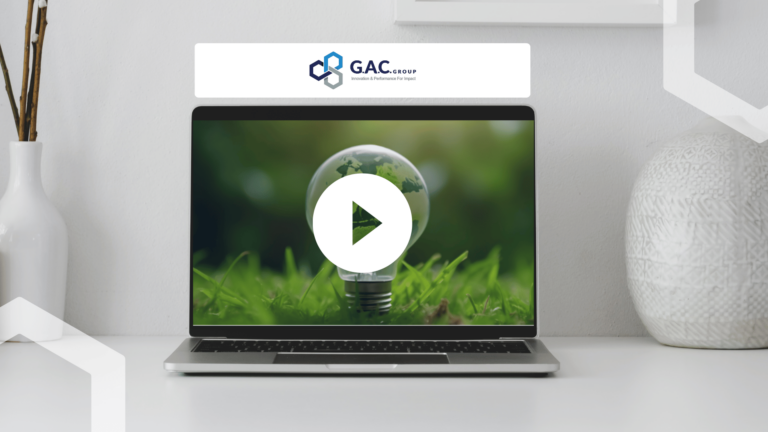"Participants got caught up in the game to really give ideas, stop putting limits on themselves and not curb their creativity."
Sarah DUDUYER - Naval Engineer and Service Manager
Recognized around the world as one of the premier institutes in marine science and technology, theIfremer is committed to sustainable development and open science. Its employees conduct research, produce expertise and create innovations to protect and restore the ocean, exploit its resources responsibly, share marine data and offer new services to all stakeholders.
Ifremer's problem
Reduce the environmental impact of new vessels through current oceanographic campaigns.
Accompanying G.A.C. Group
G.A.C. has been working with Ifremer since 2020, in particular in the case of support for theopen-innovation through collective intelligence workshops
Solutions provided by G.A.C. Group:
G.A.C. Group's intervention covered the following areas:
- Study and analysis of needs
- Targeting of different stakeholders
- Investigation of the means, motivation and references of the stakeholders
- Collective intelligence workshops
Ifremer has benefited from :
Mapping of opportunities and impact on performance development
What were the results?
- A collective awareness of the project's challenges and the role of each stakeholder
- The emergence of new uses for existing vessels and their implementation on other vessels
Ifremer then repeated the experience of collective intelligence workshops for a different issue. In all, 4 workshops were held.
Customer testimonial
The feedback from Sarah DUDUYER
My name is Sarah DUDUYER. I have been working at Ifremer for about 20 years now as a naval engineer and I am in charge of a department that manages the ships and onboard equipment of the French oceanographic fleet. And since 2018, Ifremer manages the entire French oceanographic fleet and have been led to think about a new ship, a little over forty meters long, which should see the light of day in 2026.
Within the framework of the reflection and studies around this new ship, we have as objective to reduce very strongly the environmental impact of this one and we arrive at the conclusion that the technologies would not allow us to have the sufficient gain at the level of this environmental impact. So we also had to work on the uses of our country, of our countryside, etc.
Personally, I was a little afraid of this definition because I had trouble imagining what it really meant. How we were going to work on it when it was a subject that seemed very particular to me and how we were going to be able to bring out ideas from all sides. Today, we are thinking about doing it again. We use this technique when we need to bring out new ways of working, to have consensus with actors coming from very different backgrounds or having different problems, to try to bring out common ideas.
For the people who were put around the table, it was really all the actors. It was the first time that they were really all put around the same table to bring out new ideas. And it was the idea of trying to break down the barriers between each other.
For us, it was the first time that this was implemented within Ifremer, and even more so on issues that are a mix of technologies and specific uses that are quite complex. There was a little moment at the beginning of the workshops when everyone had to get their bearings, understand what we were doing in these workshops, what the purpose was and stop getting into ruts. In fact, we simply had to try to get out of our comfort zone a little bit to bring something else. This lasted for the first two hours of the first workshop. After that time, people really participated and got into the game.
We are very happy. We had two objectives, especially during this seminar. First, to have a consensus, from all the participants, on the technologies that we were going to implement in this new ship. Everyone has a lot of ideas on the subject, so the idea was to make people aware of the engineering difficulties and that we could not do everything and anything on this ship. And the second objective, which was not the least important, was to make new uses emerge on our oceanographic campaigns. We have succeeded in bringing out things that will be applied to other vessels in addition to this new vessel.
We are rather satisfied and people, even those who were a little reluctant at the beginning, because it is a new concept for us. The feedback I've had has been quite positive. The preparatory meetings are extremely important because we arrived with a problematic that was quite technological, quite a few engineers of which G.A.C. Group was not at all aware at the beginning. They were very open, very receptive, and above all they understood what we expected. And what was important for us was that we arrive at a result that we could also use afterwards. And the G.A.C. experts also suggested different ways of working.
